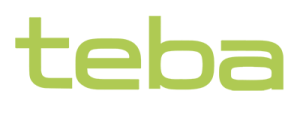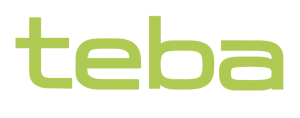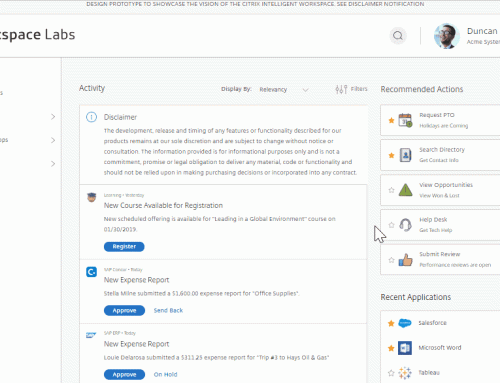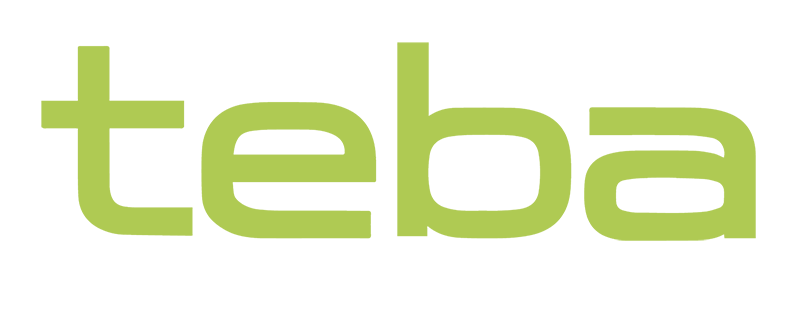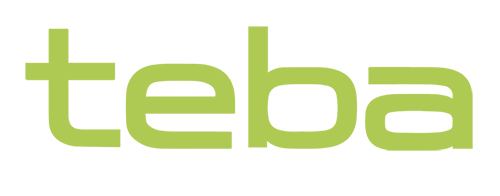Stephane Kasriel’s article regarding IBM’s sudden reversal of its longstanding remote work policy has influenced some debate. As the company closes ranks, it will lose a significant portion of its employees who worked remotely, as they will be unwilling or unable to make the change into working at a set office location.
As a progressive tech company, we work tirelessly towards the goal of creating flexible, modern working environments for our clients and staff; this move by IBM shocked us more than it may have others. On a daily basis, we see how businesses exceed themselves once their connectivity is optimised and their workforce is able to be productive from anywhere at any time. To see IBM, a pioneer of technology trends, act in what appears to be a counter-intuitive fashion is surprising when we see such strong benefits from remote work for both companies and employees.
The “New Normal”
As other recent articles in Forbes and Wired have noted, everything points towards what Kasriel called the ‘New Normal’, where remote work is becoming an inextricable element of modern business. Although remote workers are far from a new trend; with IBM itself having been supportive of it for roughly a decade, it’s difficult to find companies that don’t utilise it in some measure today.
Lynn was the first person within Teba to discover the personal and business benefits of remote work, but she is far from the only one. One of our technicians, Andrew, is social butterfly. Everyone likes him and he loves talking to everyone, he can’t help it. Morale is always high, but productivity can take a hit when one of our best technicians can’t concentrate. When his list of tasks piles up, Andrew can focus on completing them when the social interaction is taken out of the equation. So, Andrew works a a day or two a week from home. That’s his ‘New Normal’.
‘Normal’ is defined by what works: it’s that simple.
Thirty years ago the equipment and attitudes to support remote workspaces didn’t exist, but nowadays the technological and cultural developments have led to this “New Normal”. As a younger, savvy, flexible workforce hits the market, employers that share the same flexibility become beacons that draw in talent, reducing employee turnover and creating workspaces that support people working at their best.
What Works Best For Whom?
It’s important to make clear; however, that while remote work is part of the ‘New Normal’, that doesn’t mean every company or individual employee will function at their best in this fashion.
The choice between ‘remote’ and ‘office’ should not be confused for a fixed decision. Our National Practice Manager Craig works under both for specific circumstances. If he requires concentration on a solo project like complex designs, he works from home. If a task requires direct contact for effective productivity and communication, he’s in-office where he can co-ordinate with team leaders at will. That’s Craig’s ‘New Normal’. His assistant knows which projects are coming up, and diarises him to each location accordingly.
The key to the ‘New Normal’ is flexibility – for both company and staff. Forcing people to work in one specific, stagnant environment will often yield the same results as trying to force a square peg into a round hole. Our work at Teba is about providing the most flexibility for employees in and out of the office to keep their workflow high and stress diminished, for our clients and us.
Uniformity in Purpose, Not Method
The term ‘blended workforce’ is a malleable phrase in meaning, yet it’s key to the notion of flexible management. It might be forward thinking to build remote workspaces for a company, but the importance of connection between people is critical.
People working in an office and remotely for the same company may be employing their skills in the best possible environments for their individual needs, but they are still working towards a singular goal together. Collaboration doesn’t require every person to be in the same physical location at all times, but it is vital they remain connected and meet whenever necessary, either virtually or face-to-face. There are many situations that net better results with personal meetings over digital discussions.
The key is to have all your resources ready and available for any situation, for the best needs of the company, the clients and the staff.
We can’t speak to IBM’s decision; there is likely more occurring behind the scenes than we know about, but all the evidence points towards the New Normal being the way of the future.
The New Normal is not remote work. It is not office confinement. It’s not even the mix of the two.
The New Normal isn’t a single, defined method: it’s ultimately about finding the flexibility to make the best possible work environments across the whole business suitable to the individuals’ working needs. It’s about having the systems that give you that flexibility.
It’s what we’ve done for ourselves and it’s what we create for our clients.
When Craig needs direct in-office contact to achieve certain work goals, and a remote office for others, it’s planned ahead. When Lynn discovered she could accomplish more work on her own than surrounded by others, we set her home.
It’s the New Normal, because it’s what works.
Join to newsletter.
Curabitur ac leo nunc vestibulum.
